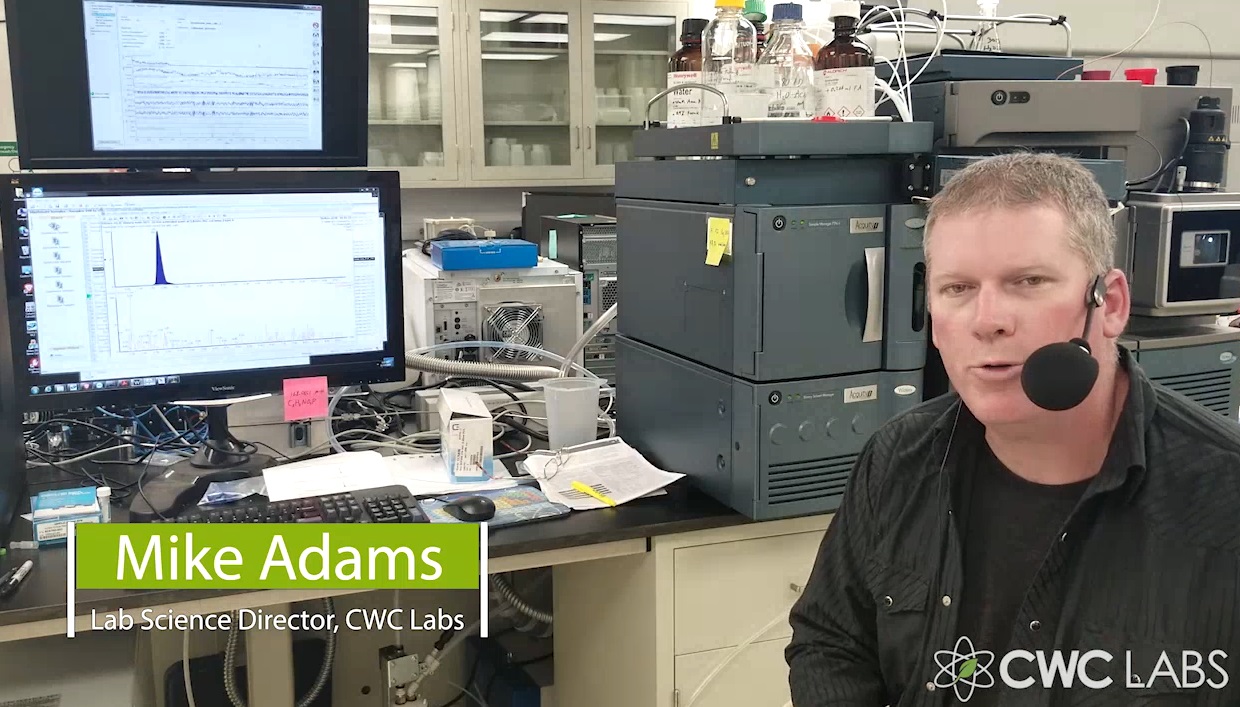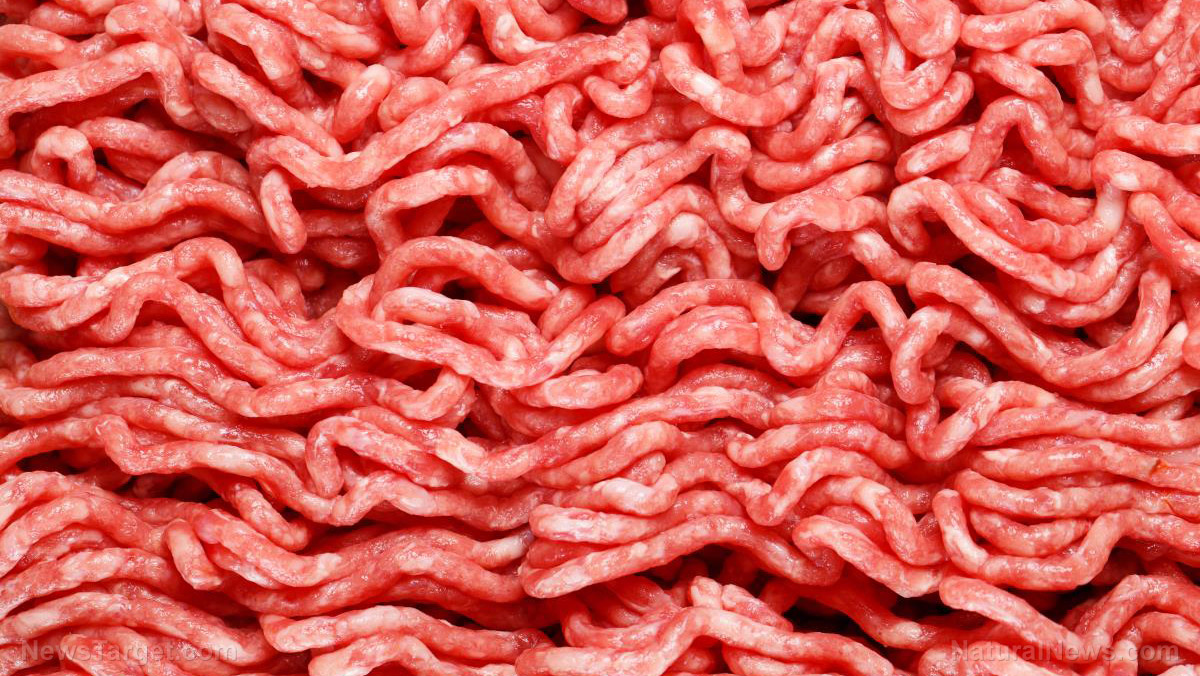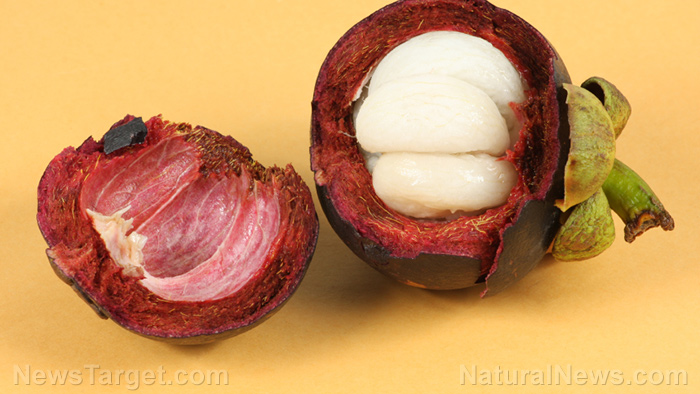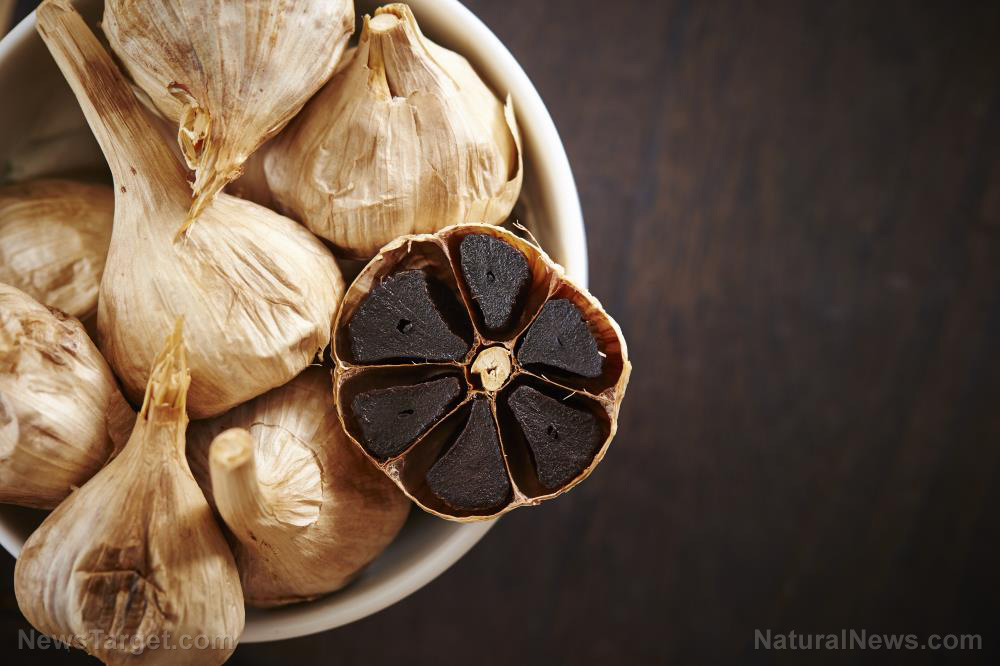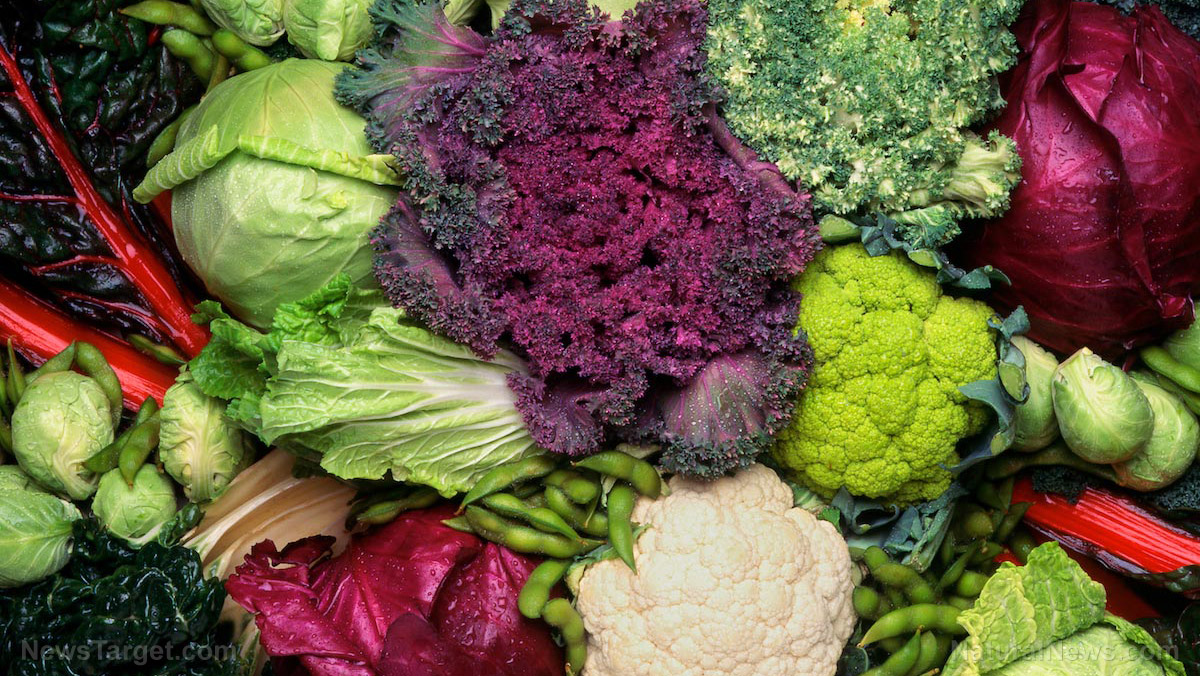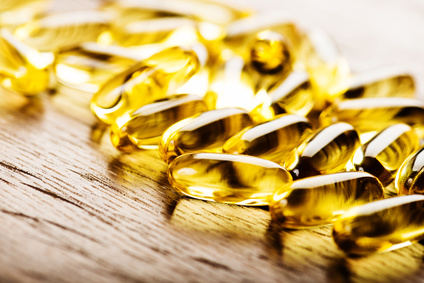A common additive in food and drinks found to raise your blood pressure
11/17/2018 / By Ralph Flores
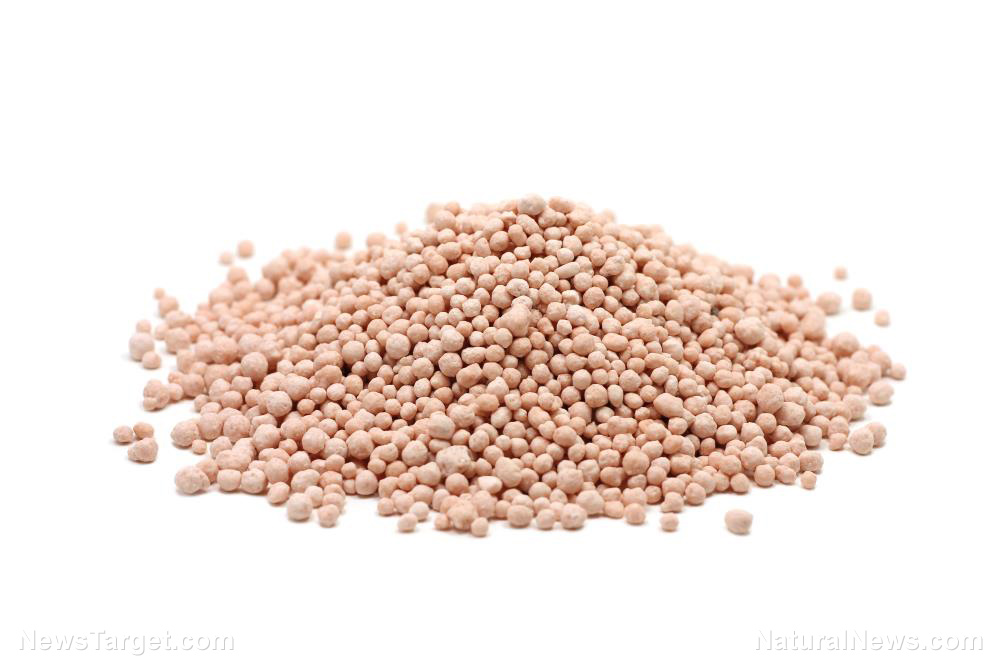
If people can have too much of a good thing, imagine the dangers that come from of having too much of a bad thing. That’s exactly what researchers from the University of Basel found in their recent study, which appeared in the Journal of the American Society of Nephrology. In their study, they found that consuming too much phosphate, a common additive in food and drinks, can cause a person’s blood pressure and pulse rate to shoot up.
Phosphate occurs in nature, where it is found in meat, fish, nuts, and beans. However, in its synthetic form, it’s used as a preservative. It’s added to meat products to keep from spoiling, prevent coffee from clumping, and make cheese more spreadable. It’s this increased consumption, the authors said, that could be harmful to a person’s health. Recent trends have seen a significant uptick in phosphate consumption, mainly from processed food. This puts a person’s daily phosphate to intake at over 700 mg per day, more than the recommended amount in the U.S.
Excessive phosphate intake also increases the risk of cardiovascular disease. Earlier studies have shown that too much phosphate causes plaque to build up in the arteries, causing them to narrow. This can restrict blood flow to the brain and heart, which can lead to life-threatening conditions such as a stroke or heart attack. The researchers also pointed out that the effects of increased dietary phosphate aren’t limited to those already at risk for chronic diseases. Healthy people are similarly affected by increased amounts of phosphate in their diet.
The team involved 20 healthy people for their study, which ran for 11 weeks. During this time, some participants were assigned to take either a tablet that increased phosphate content in their blood or one that inhibited its absorption. All participants were told to maintain a normal diet. On their sixth week, the team measured the effects of both diets on the participant’s cardiovascular health. They found that those who were given a phosphate tablet had significantly increased systolic and diastolic blood pressure — by 4.1 and 3.2 mmHg, respectively. Their pulse rate also increased by an average of four beats per minute. This means that the heart is working harder to pump blood around the body, which can reduce the amount of blood received by other organs in the body.
Fortunately, these effects are reversible. Those assigned to take phosphate tablets had normal blood pressure readings two months after completing the study.
“Our results provide an important explanation for the association of dietary phosphate intake with increased cardiovascular morbidity and mortality in the general population,” explained lead researcher Reto Krapf. “These conclusions are important for public health and should be further examined in larger studies in various population groups.” (Related: Try qigong, a traditional Chinese exercise, that can help hypertensive people lower their blood pressure.)
Fast facts on high blood pressure
High blood pressure, also known as hypertension, refers to the condition where the pressure exerted by the blood is higher than it should be. The condition is dubbed “the silent killer” because it often has no warning signs or symptoms. This means that many people with the condition do not know that they have it — until it’s too late. People diagnosed with hypertension are at risk of having heart attacks and strokes.
Blood pressure is recorded using two numbers. Systolic blood pressure measures the force exerted in the blood vessels when the heart beats, while diastolic blood pressure measures force in between beats. These are both measured in millimeters of mercury (mmHg).
It is a condition that is present in many Americans. The Centers for Disease Control and Prevention estimates that 75 million people — or one in three adults — suffer from high blood pressure. Of these people, only 54 percent have their condition under control.
Sources include:
Tagged Under: additives, blood pressure, cardiovascular disease, grocery, heart disease, heart health, high blood pressure, hypertension, ingredients, phosphate, phosphates, preservatives, pulse rate, toxic ingredient

